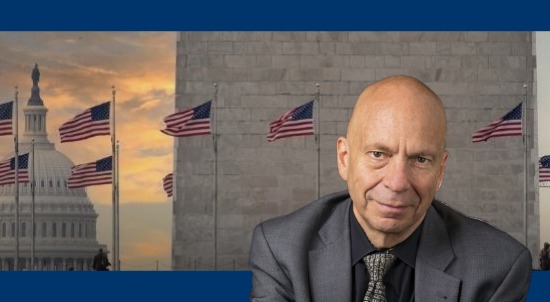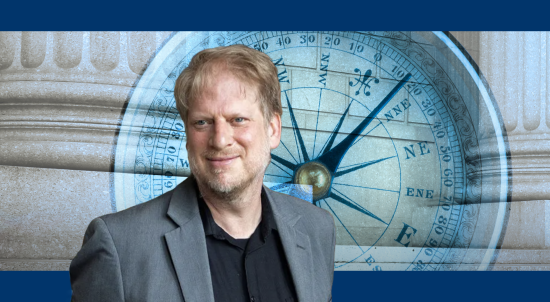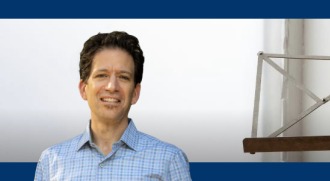
Death
Published: Spring 2007
Description
There is one thing I can be sure of: I am going to die. But what am I to make of that fact? This course will examine a number of issues that arise once we begin to reflect on our mortality. The possibility that death may not actually be the end is considered. Are we, in some sense, immortal? Would immortality be desirable? Also a clearer notion of what it is to die is examined. What does it mean to say that a person has died? What kind of fact is that? And, finally, different attitudes to death are evaluated. Is death an evil? How? Why? Is suicide morally permissible? Is it rational? How should the knowledge that I am going to die affect the way I live my life?
Course Takeaways
- How should the knowledge that I am going to die affect the way I live my life?
Meet the Instructors
 "Shelly Kagan is Clark Professor of Philosophy at Yale. After receiving his B.A. from Wesleyan University in 1976, and his Ph.D. from Princeton University in 1982, he taught at the University of Pittsburgh and the University of Illinois at Chicago before coming to Yale in 1995. He is the author of the textbook Normative Ethics, which systematically reviews alternative positions concerning the basic rules of morality and their possible foundations, The Limits of Morality, which challenges two of the most widely shared beliefs about the requirements of morality and The Geometry of Desert, which explores a number of less familiar questons around the concept that people should get what they deserve. He is currently at work on his next book, How to Count Animals, More or Less.
Full Biography
"Shelly Kagan is Clark Professor of Philosophy at Yale. After receiving his B.A. from Wesleyan University in 1976, and his Ph.D. from Princeton University in 1982, he taught at the University of Pittsburgh and the University of Illinois at Chicago before coming to Yale in 1995. He is the author of the textbook Normative Ethics, which systematically reviews alternative positions concerning the basic rules of morality and their possible foundations, The Limits of Morality, which challenges two of the most widely shared beliefs about the requirements of morality and The Geometry of Desert, which explores a number of less familiar questons around the concept that people should get what they deserve. He is currently at work on his next book, How to Count Animals, More or Less.
Full Biography



